Craft Capsule: The Short Short Story
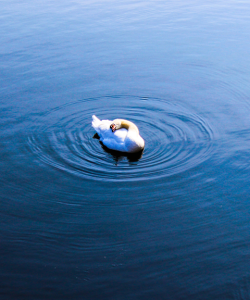
The author of I Know You Know Who I Am praises the unique resonance of short short stories.
Jump to navigation Skip to content
Articles from Poet & Writers Magazine include material from the print edition plus exclusive online-only material.

The author of I Know You Know Who I Am praises the unique resonance of short short stories.

Lee Lai’s Stone Fruit, forthcoming from Fantagraphics on May 11, 2021.

The first lines of a dozen noteworthy books, including Libertie by Kaitlyn Greenidge and Festival Days by Jo Ann Beard.

Big Five and indie book publishers have recently increased entry-level salaries. Will it make the industry more accessible to BIPOC professionals?
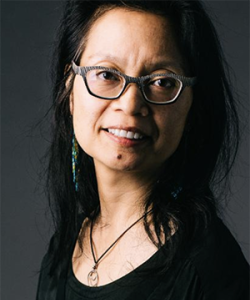
The novelist and essayist shares her experience creating a virtual writers group focused on play, and muses on the meaning of productivity and artistic friendship during the pandemic.
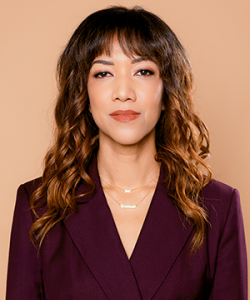
The poet and essayist reflects on writing during the pandemic and its impact on her creative life and relationship with the writing community.
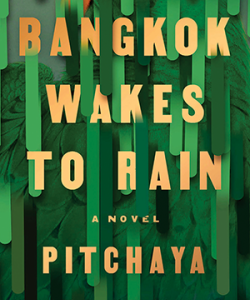
Writers Rebel NYC, a coalition of writers who are part of the activist group Extinction Rebellion, seeks to encourage conversation and action around climate change through literature.
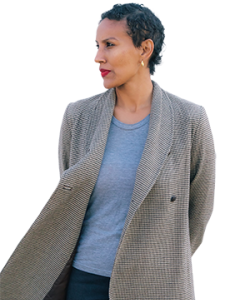
Poet Aracelis Girmay discusses her new position as editor-at-large of the Blessing the Boats Selections, a set of poetry books written by women of color and published by BOA Editions.
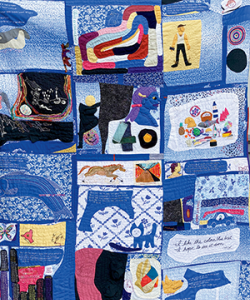
Artist and author Jillian Tamaki sewed and embroidered a piece called Blue Quilt to document her life during the pandemic.
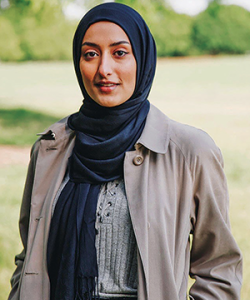
The poet on five journals that published pieces from her debut collection, The Wild Fox of Yemen.
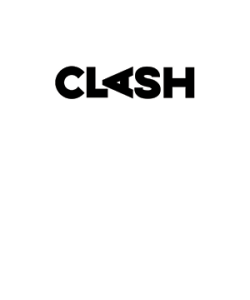
The independent press based in Troy, New York, prints twenty titles a year, including art books, poetry, fiction, and nonfiction, which challenge genre expectations and push boundaries.
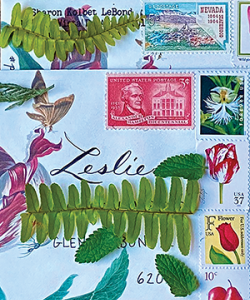
Writer Rachel Syme’s pen pal matching program has connected more than nine thousand correspondents from over fifty countries during the pandemic.
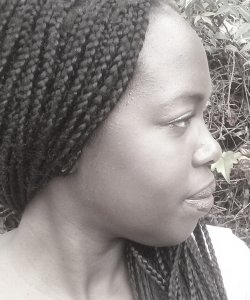
What is the role of a teacher during a pandemic? What is the role of a Black woman teaching in a red state during the Trump presidency? A poet, essayist, and professor considers the unpaid labor of women and faculty of color.
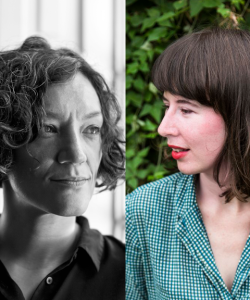
This week’s installment of Ten Questions features María José Ferrada and Elizabeth Bryer, the author and the translator of How to Order the Universe.
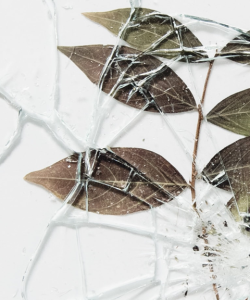
The author of I Know You Know Who I Am seeks to approach his characters without judgment.
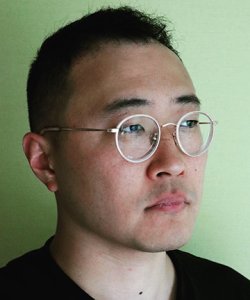
The novelist and author of Craft in the Real World traces the historical origins of the creative writing workshop and its tradition of silencing writers of color.
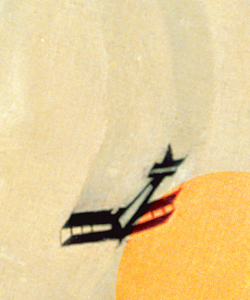
Maggie Shipstead’s Great Circle, forthcoming from Knopf on May 4, 2021.
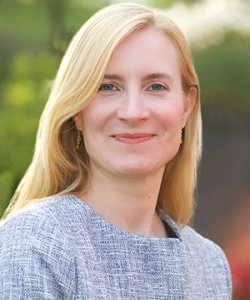
The editor in chief of Riverhead Books, an imprint of Penguin Random House, talks about her start in publishing, acquiring books, editing as a creative process, and more.
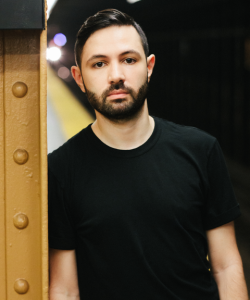
“I hate saying goodbye.” —Alex Dimitrov, author of Love and Other Poems
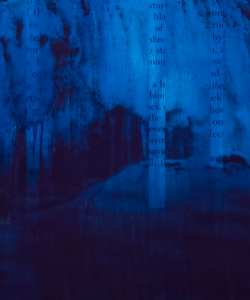
Donika Kelly’s The Renunciations, forthcoming from Graywolf Press on May 4, 2021.
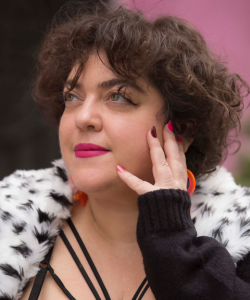
“Commit to completing a scene each time you write” —Randa Jarrar, author of Love Is an Ex-Country

The author of Anodyne takes a poetic approach to prose writing.

Elizabeth McCracken’s The Souvenir Museum, forthcoming from Ecco on April 13, 2021.
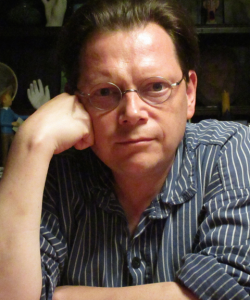
“Every day without fail. Small marks with a pencil.” —Edward Carey, author of The Swallowed Man
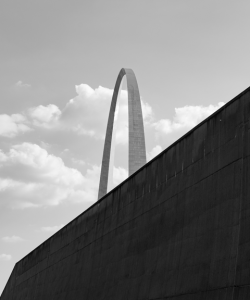
The author of Anodyne shares her methodology for determining the order of poems in a collection.